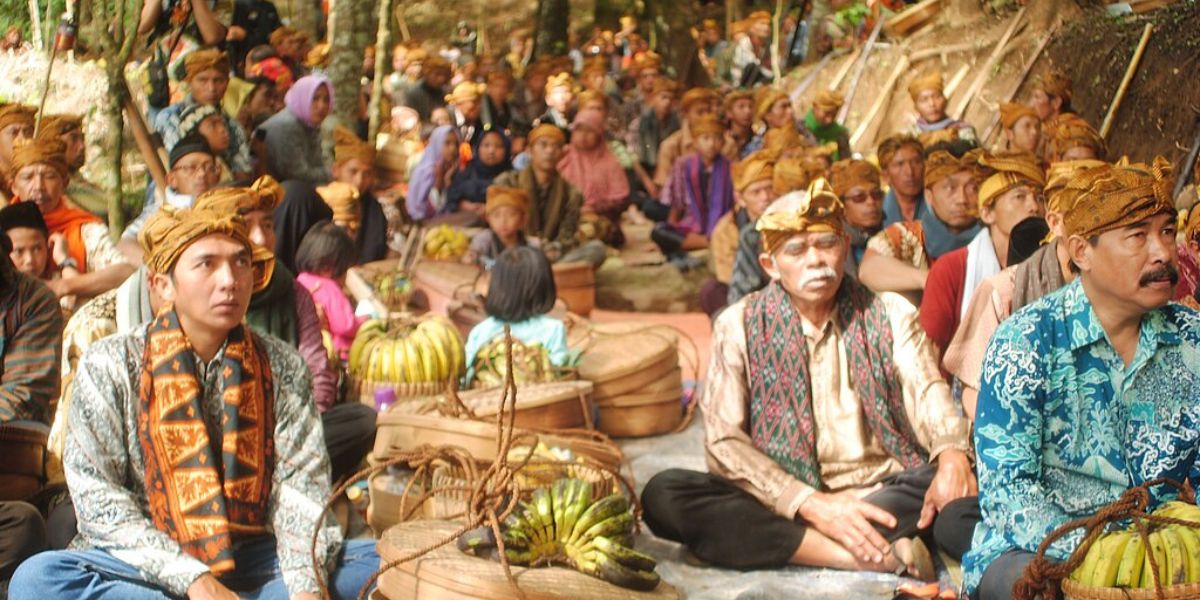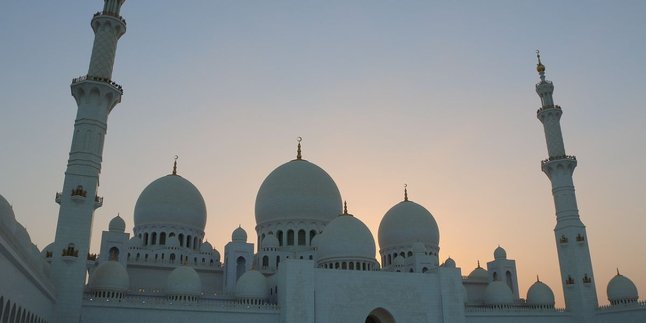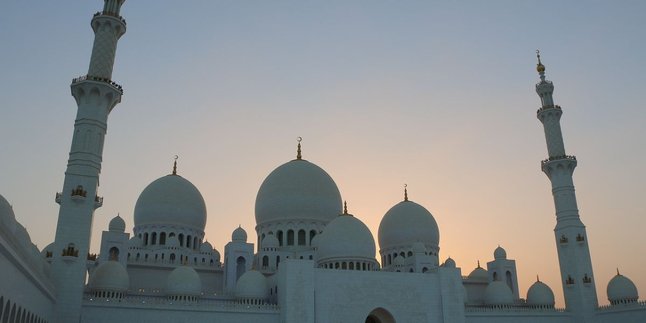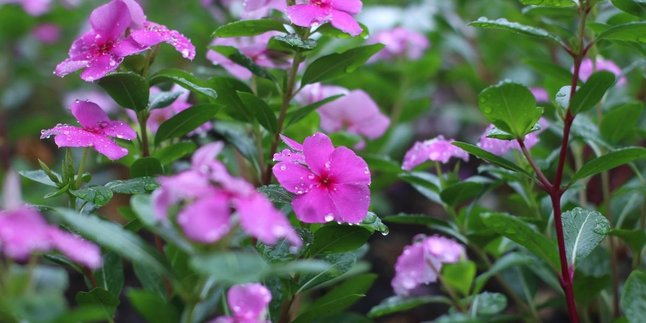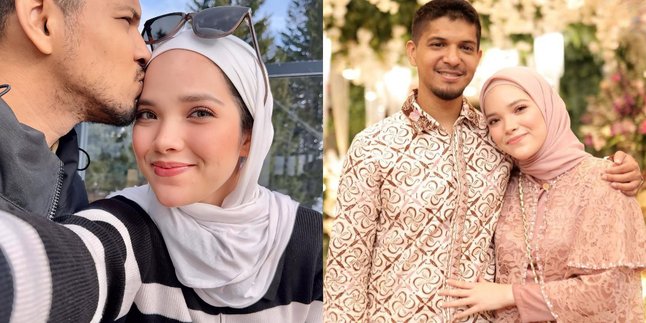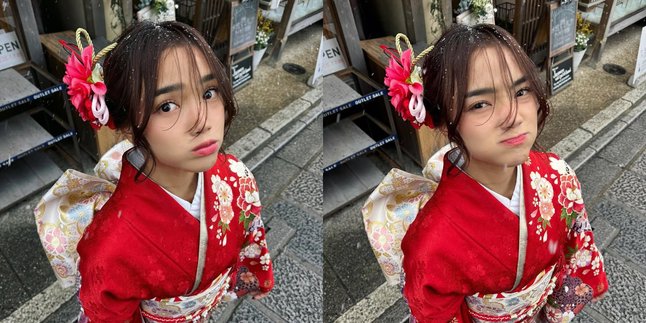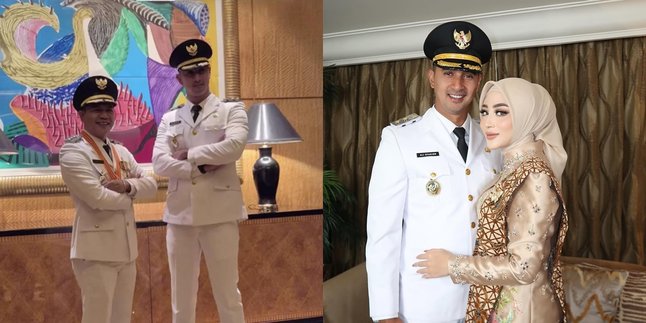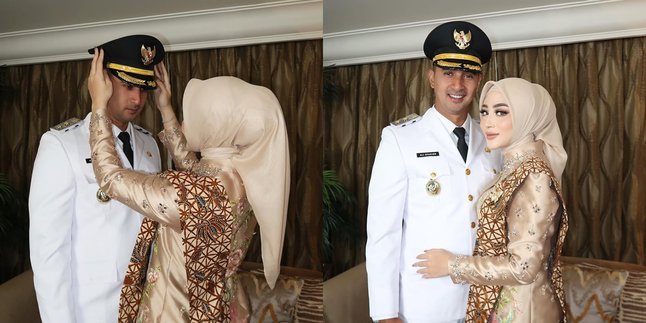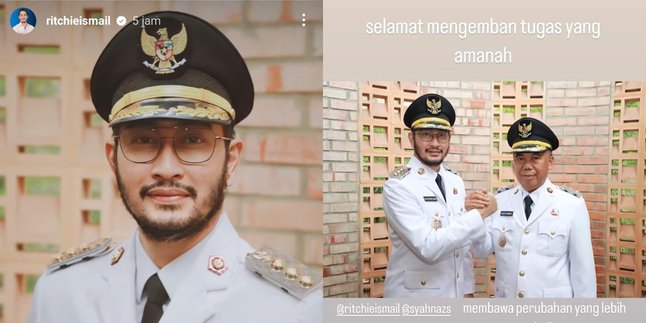Kapanlagi.com - As the holy month of Ramadan approaches, the Javanese community, especially in Central Java, Yogyakarta, and East Java, celebrates a tradition rich in meaning and history, known as Nyadran. This tradition is a harmonious blend of native Javanese culture and Islamic teachings that have been preserved through generations since the 15th century.
The term 'Nyadran' itself comes from the Sanskrit word 'sraddha', which means belief. Although this tradition may have roots in animistic beliefs and Hindu-Buddhist teachings, the Wali Songo adapted it as a means to spread Islamic teachings.
Nyadran is not just an ordinary ritual; its main purpose is to pray for the ancestors who have passed away as a form of respect and gratitude to God for all the blessings that have been given. Furthermore, this tradition also holds deep meaning regarding the relationship between humans and their ancestors, fellow humans, and God.
1. Nyadran Activity Series
Nyadran activities vary in each region, but generally include:
1. Besik (Grave Cleaning): The community works together to clean the graves of ancestors from weeds and dirt.
2. Kirab (Procession): A procession to the location of the traditional ceremony.
3. Ujub (Expression of Intent): The customary leader expresses the intent and purpose of the Nyadran ceremony.
4. Joint Prayer: A joint prayer led by a religious figure to pray for the souls of ancestors.
5. Kembul Bujono/Tasyakuran (Shared Meal): The community shares a meal, each bringing traditional dishes as a symbol of togetherness and gratitude.
6. Visiting Graves: Visiting the graves of ancestors, scattering flowers, and praying. This is the essence of the Nyadran tradition.
7. Padusan (Bathing in the River): In some regions, this tradition also includes bathing in the river as a symbol of self-purification before entering the month of Ramadan.
8. Cleaning the Environment: In addition to cleaning the graves, the community also cleans the surrounding environment as a form of concern for the environment.
2. The Difference Between Nyadran and Visiting Graves
Nyadran is not just an ordinary grave visit; it is a tradition rich in meaning and activities, combining deep social and cultural elements.
During this moment, the community gathers to honor their ancestors, strengthen ties, and welcome the month of Ramadan with a spirit of togetherness and purity.
While grave visits can be done at any time, Nyadran is specifically celebrated in the month of Ruwah in the Javanese calendar or Sya'ban in the Hijri calendar, just before the arrival of the blessed holy month.
3. Other Names for Nyadran
The Nyadran tradition, known by various names in different regions such as Sadranan in Temanggung and Boyolali, as well as Manganan or Sedekah Bumi in East Java, is a rich cultural heritage of Java that is full of meaning and noble values.
More than just a religious ritual, Nyadran serves as a bridge to strengthen brotherhood, preserve the spirit of mutual cooperation, and welcome the month of Ramadan with gratitude and togetherness.
As an inseparable part of Javanese cultural identity, this tradition deserves to be maintained and preserved to keep it alive and vibrant in society.
4. FAQ
What is the Nyadran tradition in Javanese society?
Nyadran is a tradition practiced by the Javanese community in the lead-up to the month of Ramadan. This tradition involves collective prayers, visiting the graves of family members or ancestors, and offering offerings. The purpose of Nyadran is to seek blessings, safety, and as a form of friendship and respect towards the spirits of ancestors.
When is the Nyadran tradition usually carried out?
The Nyadran tradition is generally carried out in the month of Ruwah, which is the month preceding Ramadan in the Javanese calendar. Usually, this activity takes place in the last few days before the fasting month begins, as a form of spiritual preparation.
What is the main purpose of the Nyadran tradition?
Nyadran has several purposes, including strengthening family and community ties, seeking blessings and safety, and as a form of respect to deceased ancestors. Additionally, Nyadran is also regarded as a way to purify oneself before entering the month of Ramadan.
What activities are carried out during the Nyadran tradition?
During Nyadran, the community usually conducts visits to the graves of family members or ancestors, bringing flowers, flower water, and food as offerings. Furthermore, they also hold collective prayers to seek safety and blessings. This activity is often followed by family gatherings and shared meals.
(kpl/rmt)
Disclaimer: This translation from Bahasa Indonesia to English has been generated by Artificial Intelligence.
